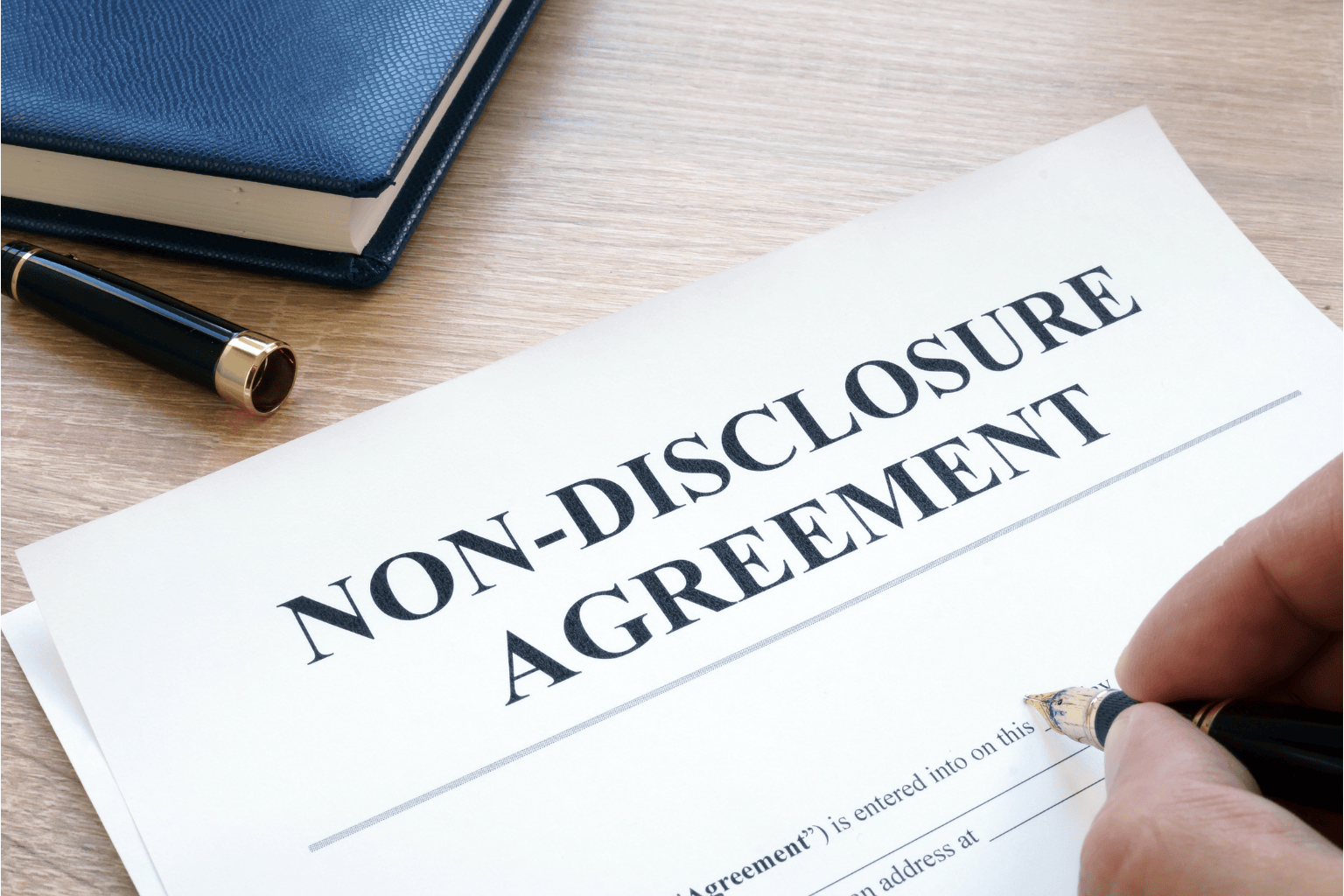At Veritas Global, we routinely advise startup founders navigating acquisition talks with larger companies. While most founders focus on valuation, deal terms, or equity treatment, one of the most dangerous landmines is often buried in the very first document you sign: the Non-Disclosure Agreement (NDA).
The NDA sets the tone for the rest of the deal process. It determines how your confidential information is treated, how your intellectual property is protected (or not), and what rights the acquirer may later claim over the ideas you share.
In this post, we break down two hypothetical versions of a mutual NDA at the start of the M&A process. The first was drafted by the acquiring company, and the second was a startup-friendly revision. The changes between the two reveal how subtle edits can have massive consequences for your IP and leverage.
he Acquirer Draft: A Trojan Horse in Legal Form
The initial NDA provided by the acquiring company included standard mutual confidentiality provisions on the surface. But a deeper look uncovered red flags that founders should never ignore.
1. Excluded Information Clause Was Overly Broad
The original draft included a clause stating that any information that was already known, becomes public, or is independently developed would be excluded from confidentiality obligations. But it also deleted a key protection:
“information that is disclosed by a Disclosing Party that is not marked as confidential or accompanied by a writing indicating it is confidential”
Why it matters: This deletion means verbal disclosures during pitch meetings or diligence calls wouldn’t be protected. If a founder casually explains a product roadmap or monetization strategy in conversation, the acquirer could later argue that it was never clearly marked as confidential and therefore not covered.
This is a classic maneuver: acquiring companies create wiggle room to later build or borrow ideas without formal liability.
2. Independent Development Language Was Loosely Drafted
The initial NDA gave the acquiring company room to claim that any similar product or feature they built post-diligence was developed independently. But it lacked a clear burden of proof or a requirement to document that independence.
In practice, this opens the door to downstream IP misappropriation with plausible deniability.
The Startup-Friendly Revision: Reinforcing the Walls
After legal review, the target company’s counsel returned a redlined version with several critical improvements.
1. Confidential Information Clearly Defined
The revised NDA listed examples of startup-side confidential information, including cap tables, source code, UI/UX, product architecture, and business plans. It also restored protection for orally disclosed information that is later summarized in writing.
Why it matters: These edits prevent gamesmanship and ensure that early-stage founders who move quickly and share ideas in meetings aren’t left exposed.
2. Independent Development Exception Clarified
The revised version allowed the independent development exception only if the receiving party could prove that no confidential information was used. This significantly raises the bar for any acquiring company who wants to copy features and claim originality.
3. No Disclosure of Deep Tech Without Term Sheet
The startup version added a clause barring the disclosure of advanced technical assets (like source code or algorithms) unless a binding term sheet had been executed.
This is a critical protection for technical founders and early-stage teams who may be asked to overshare before a deal is remotely close to signing.
Why Founders Must Push Back Early
Acquiring companies may portray NDAs as “boilerplate” or “non-negotiable.” But don’t be fooled. Language around excluded information, oral disclosures, and independent development can tilt the legal landscape before you ever talk numbers.
In M&A deals, leverage flows to the side that prepares early. That starts with the NDA.
Protect Your Innovation Before the First Meeting
At Veritas Global, we specialize in protecting startup IP during acquisition talks. We’ve seen how subtle redlines shape the deal that follows—and we know how to fight for language that shields founders without slowing down momentum.
✉️ Get a fast, founder-focused NDA review before you disclose a single deck or demo. Schedule a confidential consultation here.
📈 Explore more real-world deal strategies in our Insights Library for startup founders and investors.
